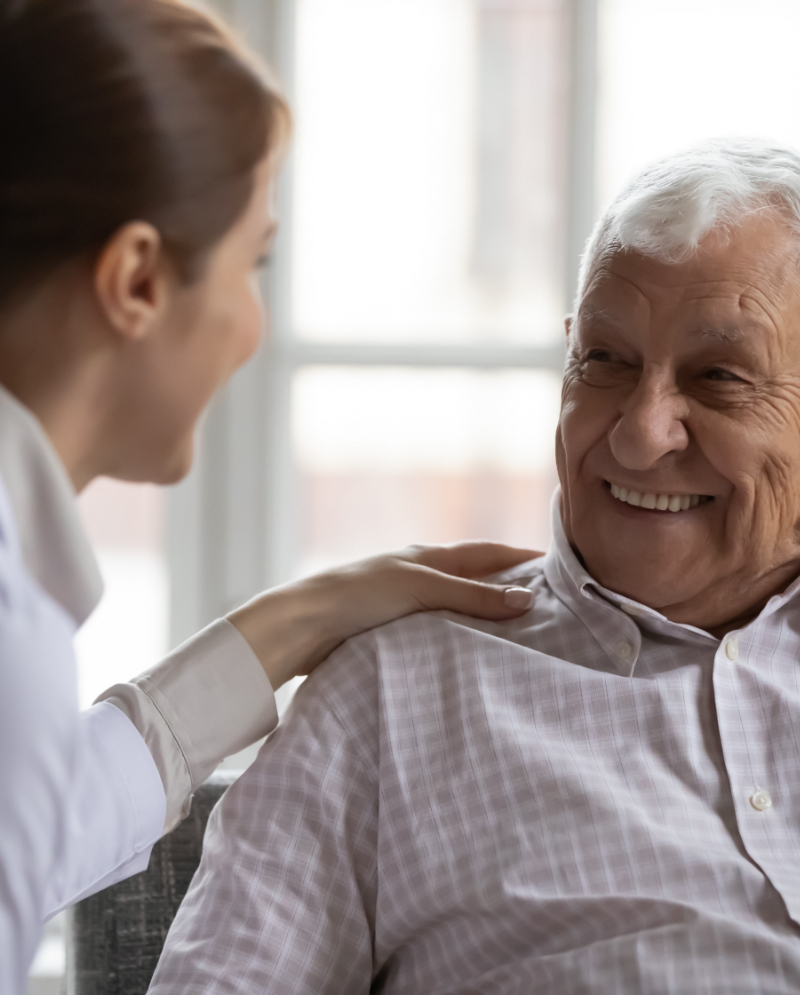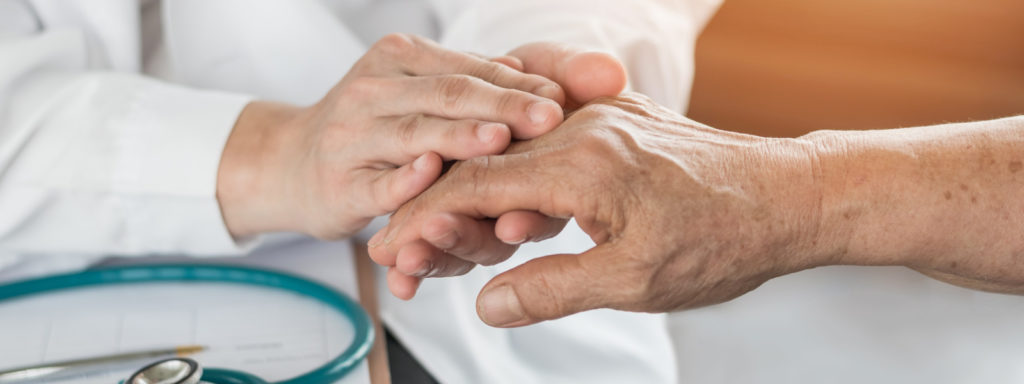As the Baby Boomer generation prepares for retirement, the number of elderly patients is expected to increase dramatically. In fact, by 2030, 71 million Americans are projected to be over the age of 65. This marks a 200% increase from 2000, according to the U.S. Census Bureau. This radical increase can cause big changes in several professions, most of which are in the medical field. Therefore, as a medical assistant, it is essential for you to become more accustomed to interacting with elderly patients. Below is a list of tips and considerations you should be aware of before embarking on your medical career path.

Remain Patient and Allow for Extra Time
Elderly patients often have a more difficult time communicating and understanding new concepts. They also tend to be more nervous than younger patients when receiving treatment. So, when working with older patients you should remain patient when interacting with them. Moreover, be sure to give them more time and assist them when necessary. Some older patients may require help walking into the examination room, removing clothing, and getting situated on an exam table.
Maintain Focus When Working With Elderly Patients
Older patients may be prone to distractions along with having vision and hearing problems. When you are communicating with an older patient, be sure to remain within his or her line of sight and avoid distractions. Maintaining eye contact can also help enhance their feelings of well-being. Keeping the patient environment quiet and secure is also essential for putting their minds at ease and making them more cooperative.
Communicate Slowly and Be an Attentive Listener
As mentioned, elderly patients may find it difficult to communicate and find the process of explaining their needs frustrating. Therefore, it is important to be an attentive listener and wait for them to finish their thought before making recommendations. Speaking slowly and clearly, in short, simple sentences can make it much easier for elderly patients to understand you. Good communication can establish trust and make examinations easier for everyone concerned.
View Elderly Patients as an Individuals
Although elderly patients might suffer from similar health issues, it is important to remember that each person is different. Some patients may need more attention, while others may need less. As a medical assistant, you must remain alert, attentive, and flexible when making decisions. With more experience, you will sharpen your skills and become more equipped at dealing with a variety of patients.
Is Working With Elderly Patients Hard?
Working with elderly patients isn’t always easy, but it’s not impossible either. It takes a lot of patience, empathy, and mental flexibility. Some days will test your nerves. You might repeat yourself five times. You might help someone out of a chair, only to realize they forgot why they stood up in the first place.
On the other side, you’ll also meet patients who are kind, grateful, and full of wisdom. Many just want someone to treat them with dignity and listen… Really listen. If you can offer that, even on tough days, you’ll find this work deeply meaningful.
Get Started on Your Career Today
For more tips and information on how to apply, get in touch with our team here at Montes HealthCare College. Fast-track your education and take the first step toward a new career by getting in touch over the phone or via email. You can reach us at (310) 861-2004 or info@monteshcc.com. We look forward to hearing from you!
Quick Recap: Tips You’ll Actually Use
Before you head out into the field, here’s a quick cheat sheet to help you stay sharp and focused when working with elderly patients.
When Communicating With an Elderly Patient You Should…
- Speak slowly, clearly, and in short sentences.
- Make eye contact and stay within their line of sight.
- Avoid interrupting. Let them finish their thoughts.
- Use simple language and avoid technical jargon.
- Be patient if they repeat themselves or lose track.
- Use visual cues or gestures when helpful.
- Keep your tone calm, respectful, and reassuring.
- Minimize background noise to help them focus.
- Always show empathy.
When Working With Older Patients You Should…
- Allow extra time for every step of the visit.
- Help them physically if they struggle with mobility.
- Stay alert to signs of confusion, fear, or discomfort.
- Keep the environment quiet and clutter-free.
- Treat each patient as an individual.
- Watch for signs of hearing or vision challenges.
- Encourage questions and answer them patiently.
- Keep your instructions short and repeat them if needed.
- Stay calm and reassuring, even if they’re frustrated or anxious.

